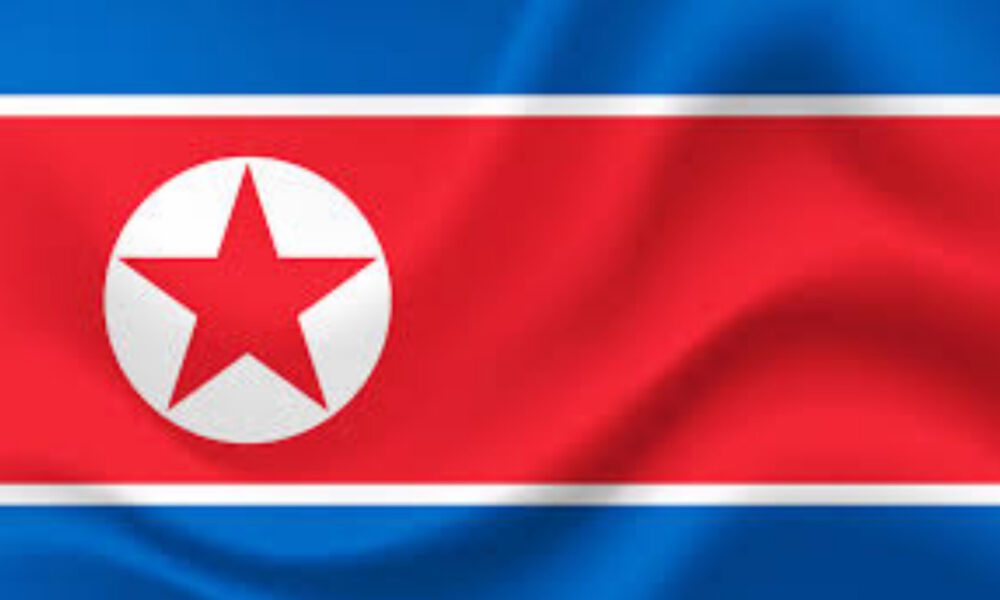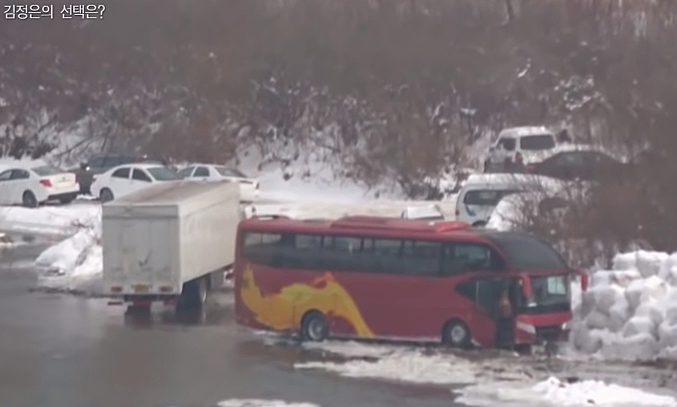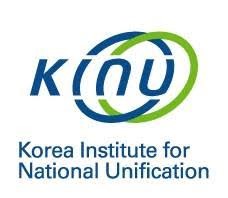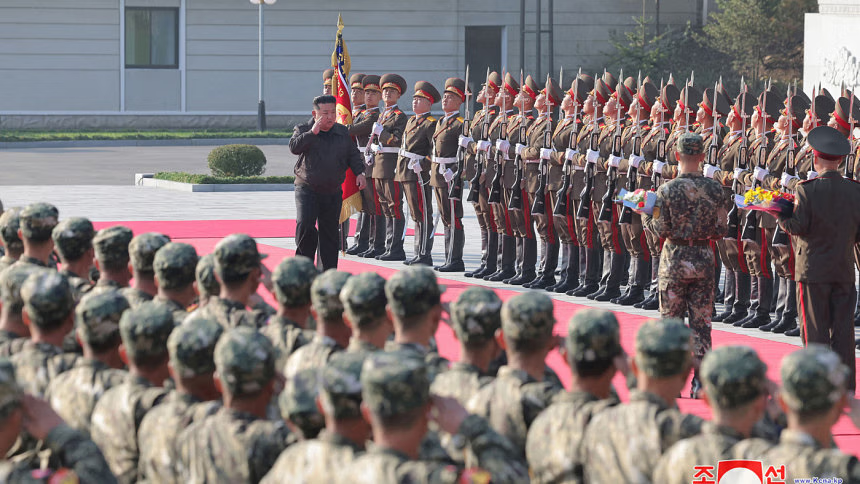A representative of the NGO, North Korean Human Rights, has called for the International Criminal Court (ICC) to hold North Korea accountable for its involvement in supplying weapons to Russia, which have been used in the ongoing war against Ukraine.
On June 19, 2024, North Korean leader Kim Jong-un welcomed Russian President Vladimir Putin to Pyongyang in a high-profile visit, despite Russia being deeply embroiled in the conflict with Ukraine.
The summit resulted in the signing of a “Comprehensive Strategic Partnership Agreement,” which committed both nations to mutual military assistance in the event of an invasion.
This agreement, alongside reported shipments of artillery shells and other weapons from North Korea to Russia, raises serious concerns about both nations’ violations of international law and United Nations (UN) sanctions.
According to the South Korean Ministry of National Defense, North Korea has shipped an estimated 12,000 containers of artillery shells to Russia since August 2023.
These weapons have reportedly been used in Russian attacks against Ukrainian civilians, in direct violation of the Geneva Conventions and other international treaties governing the conduct of war.
The ICC has jurisdiction over war crimes, including those outlined under Article 8(2)(a) of the Rome Statute, such as willful killing and the targeting of civilians.
North Korea’s complicity in aiding Russia through the provision of artillery shells and ballistic missiles could constitute a violation of Article 25(3)(c) of the ICC Statute, which addresses aiding and abetting war crimes.
Reports indicate that North Korean missiles were used in multiple strikes on Ukrainian cities, causing significant civilian casualties.

The ICC has already issued arrest warrants for key Russian officials, including President Putin, for war crimes.
As North Korean weapons continue to contribute to these atrocities, the international community is calling for a similar ICC referral for Kim Jong-un.
This case highlights the need for increased diplomatic and psychological pressure on both Russia and North Korea to halt the unlawful attacks and prevent further civilian harm.




